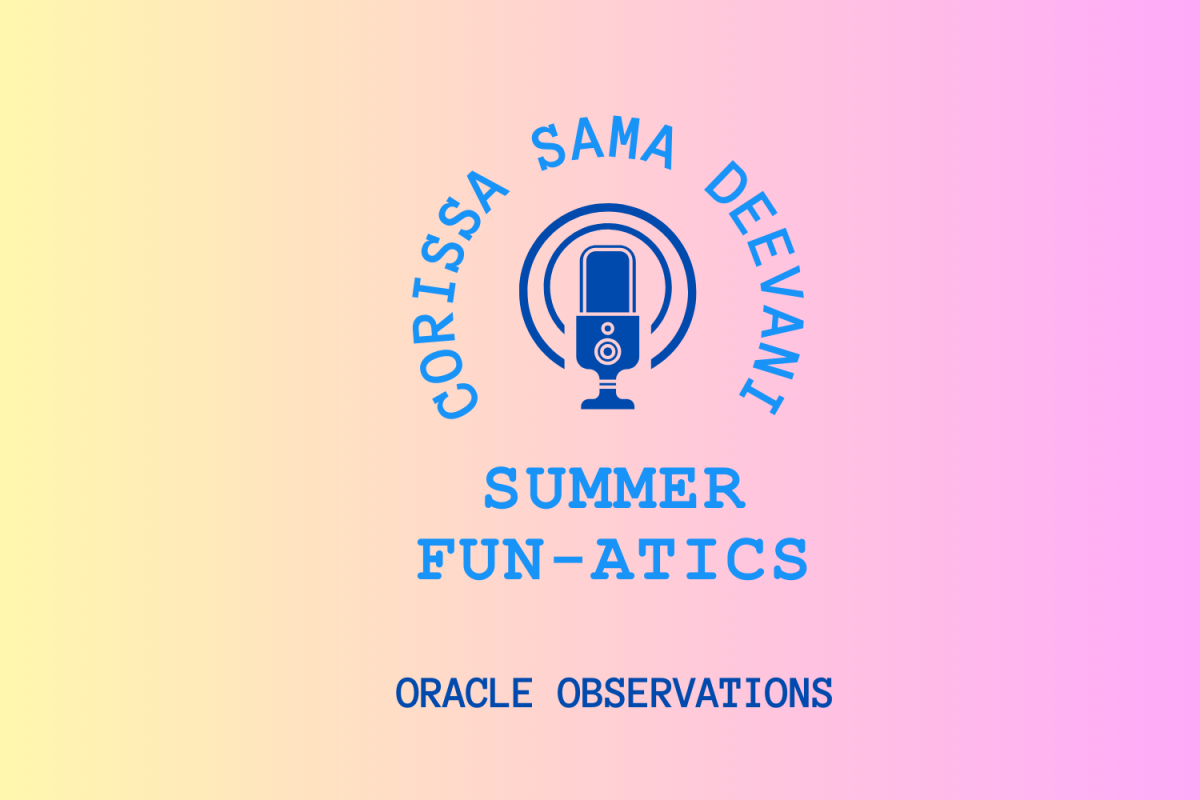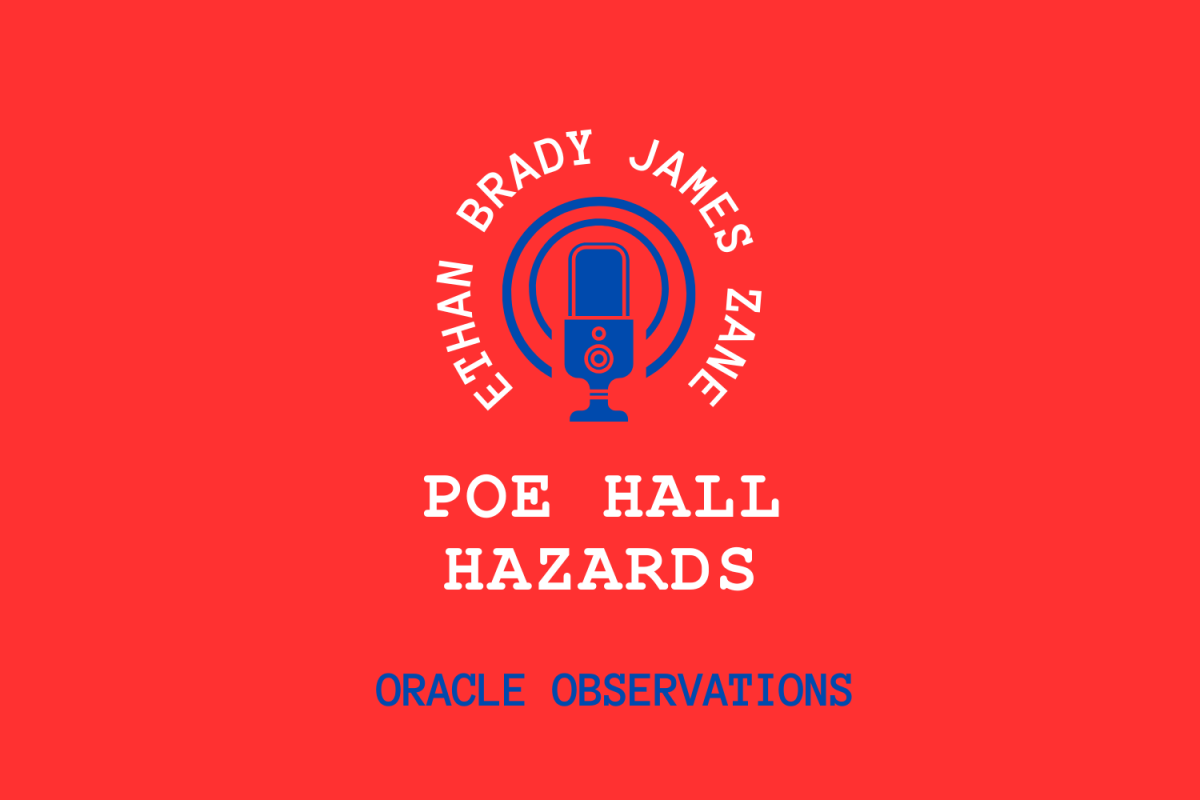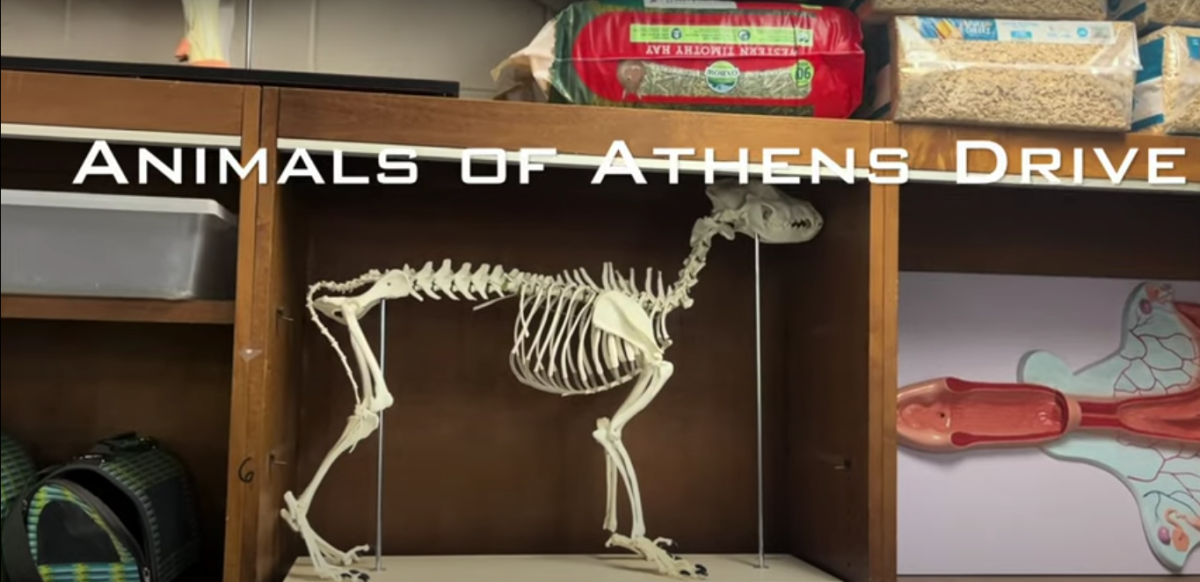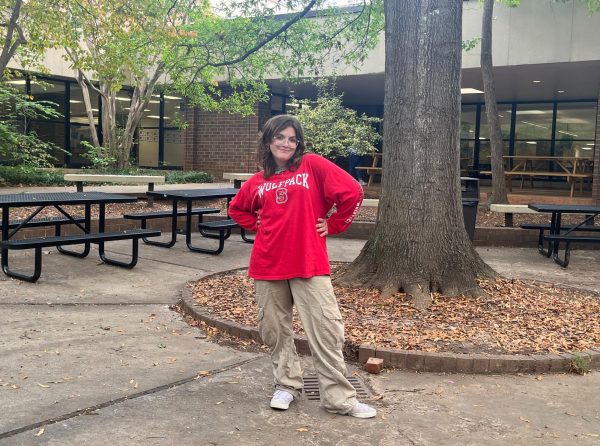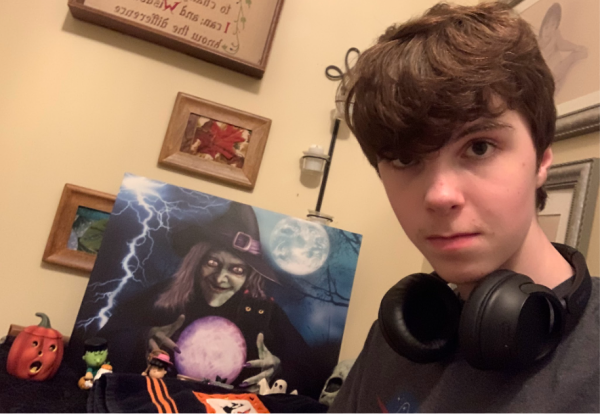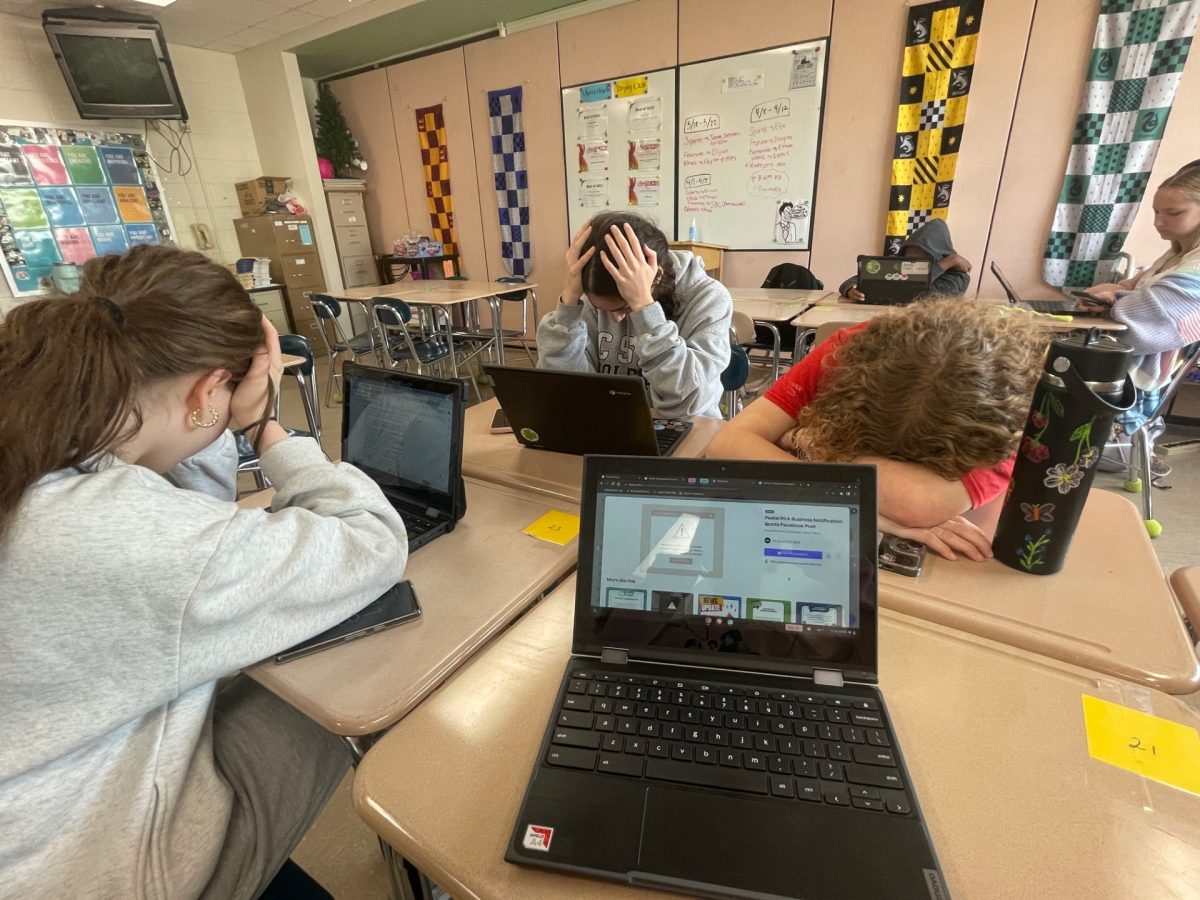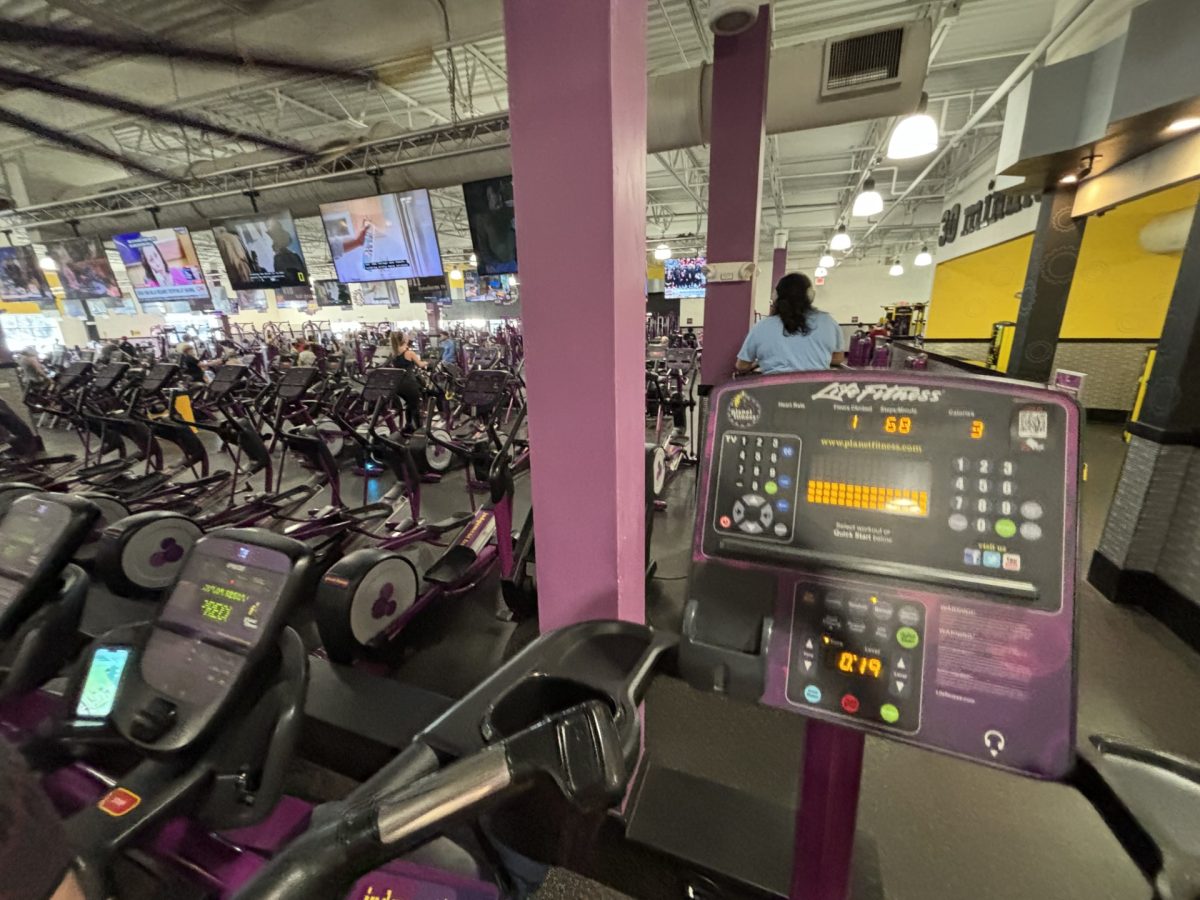It is recommended by the National Sleep Foundation (NSF) that high school students get at least a minimum of nine and one-quarter hours of sleep per night. However, homework, sports and jobs often stand in the way of teenagers’ necessary sleep.
A poll conducted by the NSF revealed, “60% of children under the age of 18 complained of being tired during the day, according to their parents, and 15% said they fell asleep at school during the year.”
Most elementary schools in Wake County ring their starting bells at around 9:15 a.m. An hour before that, middle schools begin the day at 8:15 a.m. Unfortunately, high schoolers at Athens Drive must be seated in their first period class by 7:25 a.m. to avoid a tardy slip.
The grades an individual earns in high school are the most important, with regards to college admissions. Not to say that elementary and middle school classes are not essential to one’s education, but the grades one earns in high school will determine the level of post-secondary education they receive. How does it make sense that high-schoolers are expected to maintain a well-rounded outside of school lifestyle, finish all their homework, get over nine hours of sleep and then wake up earlier than younger children?
Beginning freshman year, teenagers find themselves staying up into the wee hours of the night, completing numerous hours of homework and studying for quizzes and tests throughout the week. Humans not only crave, but also require sleep.
The NSF explains that students cannot take advantage of the quality education they are being given due to the lack of sleep they got the night before. A minimal amount of sleep at night impairs a teenager’s ability to learn, plain and simple.
The debate of the century falls back to the issue of over studying versus getting sufficient sleep. It is 11:30 p.m. An individual’s homework is completed. Should he stay up to study for that huge biology test tomorrow in first period? Or, instead should he go to sleep immediately in order to rest his brain?
Dr. Phillip Alapat, head of the Harris Health Sleep Disorders Center, recommends a solid eight to nine hours of sleep over cramming for a test the night before.
However, students feel the need to study for upcoming tests in order to make a good grade. In turn, they lose necessary sleep time and actually end up hindering their performance on their tests.
High school students could render more academic success if school were to start later. If the first bell rang at 9:25 or even 8:25, students would have another whole hour of sleep to configure up mental strength for the coming school day.
Dr. Kayla Wahlstrom executed a study in which schools in Minnesota pushed back their starting times, and the benefits were evident. There was an increase in attendance rates and a decrease in depression among students.
High school start times should be moved back. Students will be able to stay up at night and prepare themselves for their tests while also receiving much needed sleep. Later arrival will yield better grades and also will help to increase overall positivity and mental health relating to school.

